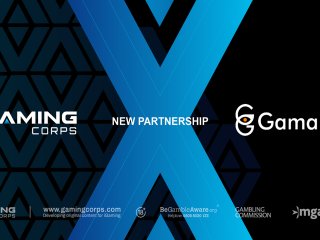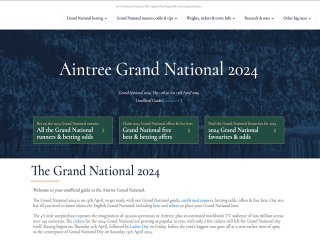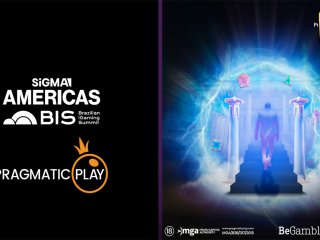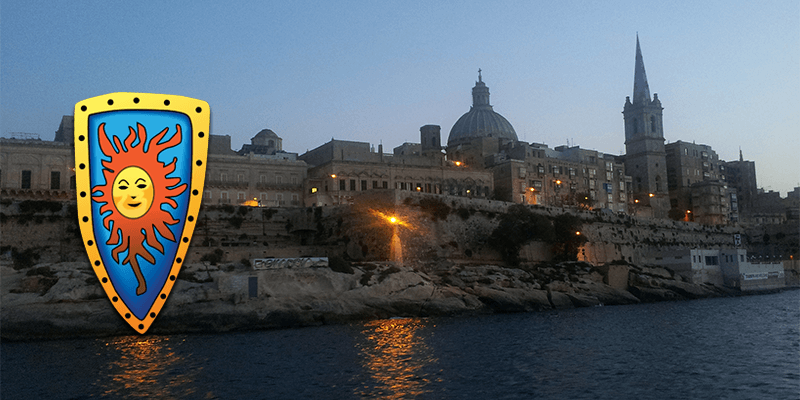
Malta Gaming Authority Review
By Casinomeister Apr 26, 2024
Casinomeister's Verdict
In the early 2000s – when this licensing jurisdiction started out, there was great hoopla amongst most everyone involved in iGaming – players, affiliate webmasters, operators – finally there was a bona fide country in the EU that was licensing online casinos. Before the MGA (or LGA back then), licensing was only provided by banana republics in the Caribbean, Kahnawake (which was a shambles back then), and a few islands belonging to the UK (Isle of Man, Gibraltar, Alderney and Jersey). There was no member state of the EU that was making an attempt to lead the way.
When they first kicked off, I met up with the top administrators and was amazed to find out that they were all subscribing to the Casinomeister newsletter, in fact, it was a company policy. They really seemed to be on their game so to speak, and I was quite impressed on what was hopefully to come.
Unfortunately, the LGA got bogged down in bureaucracy – most of the original staff left, and by the early 2010’s we were looking at a black hole rubber stamp jurisdiction. At this time the MGA started receiving some awesome awards at Casinomeister like Biggest Disappointment of 2008 and Sitting on One’s Hands award for 2008 and Sitting on One’s Hands award 2009, and Sitting on One’s Hands 2010, and 2011.
But through a few meetings and chit-chats, we were able to ascertain what was the problem. Yeah, it was bureaucratic, and in the past, the staff was replaced whenever there was a change in government, and they knew how to deal with the technical aspect of running servers, etc., but no one had any experience dealing with player complaints. In 2015, they brought on a new Player Support Officer who has been amazingly responsive and receptive to any suggestions or issues concerning their licensees. The MGA received the Phoenix Award for 2015 for their resurrection from the ashes.
The Malta Gaming Authority holds their liscensees accountable and takes players complaints directly.

Used to be crap - now a lot better
 Pros
Pros
Take player complaints directly
Strict license conditions, designed to protect players
Licensees are monitored to ensure they meet their license conditions
 Cons
Cons
Has been accused in the past of being too lenient with operators
Can be slow to respond to player complaints
The Most Popular European Facing Regulator
The Malta Gaming Authority (previously called the Lotteries and Gaming Authority) is the government-appointed regulator in Malta, responsible for regulating online gambling, and issuing operators with licenses, allowing them to operate from the region.
Favoured by both players and operators, the MGA is known for being one of the world’s most involved and attentive online gambling regulators, and unlike some of the smaller regulators, they’re unafraid to intervene in cases where operators are acting unfairly.
About The Malta Gaming Authority
The Malta Gaming Authority was formed after the Maltese Government passed the Lotteries and Other Games Act in 2001, and the regulator issues one of four licenses, depending on the types of gambling activity an operator wishes to offer players.
All new casinos wanting a license must undergo a strict vetting process, which ensures that certain license criteria are met – and licenses awarded by the authority are valid for a period of five years, after-which companies are free to apply for an extension – something that’s usually granted, if the operator is shown to have met the terms of their license and is in good standing with the authority.
The MGA has a number of jobs, but below, we’ll look at some of the core responsibilities of them:
- Protection of minors and vulnerable persons, while promoting responsible gaming in a safe environment.
- Licensing and regulation of the gaming operators.
- Guidance and cooperation at all stages of the application process.
- Protection of player funds, ensuring that all deposits and withdrawals are secure and enforceable.
- Ensure the integrity of games and gaming devices, via audits and independent testing facilities to ensure the randomness of results of all games of chance.
- Monitoring of licensee activities to ensure compliance.
- Safeguarding of player rights, via investigation of complaints concerning the licensees on behalf of the players.
- Monitoring of activities to keep gaming free from criminal activities.
Provisions Of a License
The MGA is quite strict when it comes to determining the provisions of licenses, and there are two main legal frameworks that affect the licensee terms, which include the Remote Gambling Regulations Act, and the Rate of Taxation – the latter of which focuses, of course, on the amount of tax casinos pay to the government.
The MGA also imposes a fairly standard range of broader regulations, some of which include responsible gambling, licensing of staff, prevention of money laundering, and game-testing procedures.
(The MGA, like most reputable regulators, require casinos to offer fair games which have undergone testing via a third-party testing lab to ensure their fairness.)
The MGA also has quite a strict initial vetting process for companies wishing to acquire a license, and operators must prove that they meet all the license criteria, as well as having robust safeguards and procedures in place, to ensure players experience a fair gaming environment at all times.
The license criteria are regularly updated, and the MGA continually review and monitor operators whom they’ve granted a license to – ensuring that you can experience peace and mind when playing at a MGA-licensed site, knowing you’re gaming in a safe, fair, and transparent environment.
How Do Online Casinos Apply for a License
The MGA provides remote gaming industry and online gaming operators a lot of information about how to apply for an online gambling license – and the following is an extract from their website:
“The Authority has made available the necessary procedures through its Licensee Relationship Management System (LRMS) .
Applicants are welcome to apply by logging into the LRMS and following the simple processes. The LRMS provides a dedicated dashboard that will give users the possibility to follow the status of their requests in real-time, ensuring efficiency and transparency.
Further information with regards to the license fees, the regulations & directives and Technical Checklist can be found in the downloads section. Further information to tutorial videos the Authority have made available, with common application requests whereas all the application process can also be found on the website.
Following the submission of the application, the Authority through the Financial Directorate will verify settlement of payment.
Once this is verified, this is forwarded to the Regulatory Directorate to commence application review, for approval and issuance of the requested Gaming License.
The Malta Gaming Authority may require further information and/or amendments, and/or submission of required documents to complete the application review according to the gaming legislations.”
Types of License
The Malta Gaming Authority offers three different types of licenses to online gaming operators – and the first is called the gaming service license. This type of online gambling license is awarded as a business-to-consumer license that allows the online gambling operator to offer remote gaming services to players.
This type of license is the one that’s handed out to online casinos and sportsbooks as it allows online gambling operators to offer remote gaming services to players. This is also the most common type of online gaming license awarded by the Malta Gaming Authority.
The second type of license is called a Critical Gaming Supply License. This is a business-to-business license that’s designed to provide businesses with the ability to carry out a critical gaming supply and management of software. In simple terms this basically means that the Malta Gaming Authority regulates software providers, game developers and other businesses to offer their games to online casinos.
The third type of license offered by the Malta Gaming Authority is the Critical Gaming Supply License – Type B. This is pretty much the same as the previous license although it also allows the operator to carry out ‘critical game supply and management of material elements of a game.’
Disputes and Complaints
Unlike some of the other regulators, the MGA are happy to take player-complaints directly, although they do ask that players exhaust all other avenues before coming to them.
For example, the MGA – like the United Kingdom Gambling Commission – require that casinos work with an ADR (Alternative Dispute Resolution) company, which players can use to make complaints to. If, after going through both a casinos internal complaints procedure, and an ADR service a player still can’t find a resolution to their problems/concerns, there’s a simple form to complete over at the MGA website.
This form asks for a few personal details and information surrounding the complaint/problem, and the MGA will then look it over, and contact you if necessary.
Waiting times can be up to a few weeks, however, given the number of enquiries received by the MGA – so expect to wait a while before you’re contacted.
FAQs
What’s better, the MGA or the UK Gambling Commission?
Both the MGA and the UKGC are considered to be among the world’s most reputable and trustworthy regulators in the online gaming industry – and while the UKGC is arguably a stricter regulator, both are seen as being very reliable. One of the things that makes the MGA so well-known and popular is the fact that – unlike other online gambling regulators like Curacao – they’re unafraid of taking action against rogue operators who’re operating illegally. When it comes to remote gaming, the Malta Gaming Authority is up there with the best – and it’s no surprise why so many players see them as highly-recommended regulators.
What casino-type games does the MGA regulate?
The MGA regulates a huge number of different gambling games including online lotteries, poker rooms, casino table games, video slots, live dealer games, progressive jackpot games and more. All gaming activities that involve real money need to be licensed by the MGA if the company offering them wants to operate out of Malta.
How easy is it to get an MGA license?
Getting an online gambling license from the MGA isn’t the easiest task in the world – but it’s also not anywhere near as hard as made by some other online gambling regulators like the UKGC. This is the main reason why so many online casinos and online gambling companies choose MGA license; not only is it a highly-respected license but it’s also relatively easy to acquire and at $25,000, it costs significantly less than the licenses offered by many other online gambling regulators.
Malta Gaming Authority Licensed Casinos
 Fortune Legends Casino
Fortune Legends Casino
 Freaky Vegas
Freaky Vegas
Writing is on the wall for a closing operation. Closed Casino.
Writing is on the wall for a closing operation
 Vikingheim
Vikingheim
Sends shills to the forum
Exploiting our player community with unethical marketing tactics















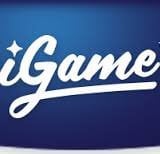












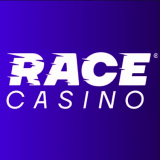







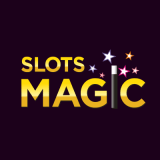




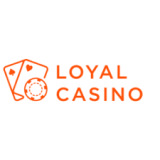










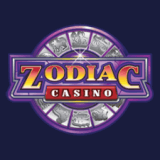





























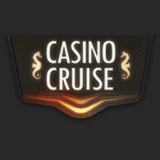













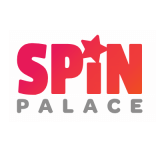









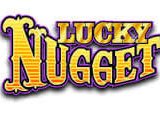







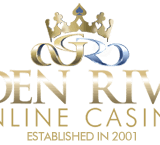


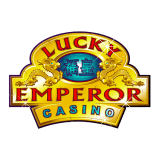




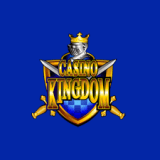





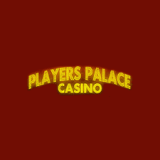

















































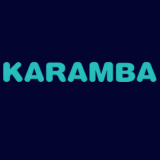











 Top 5 casinos
Top 5 casinos 














